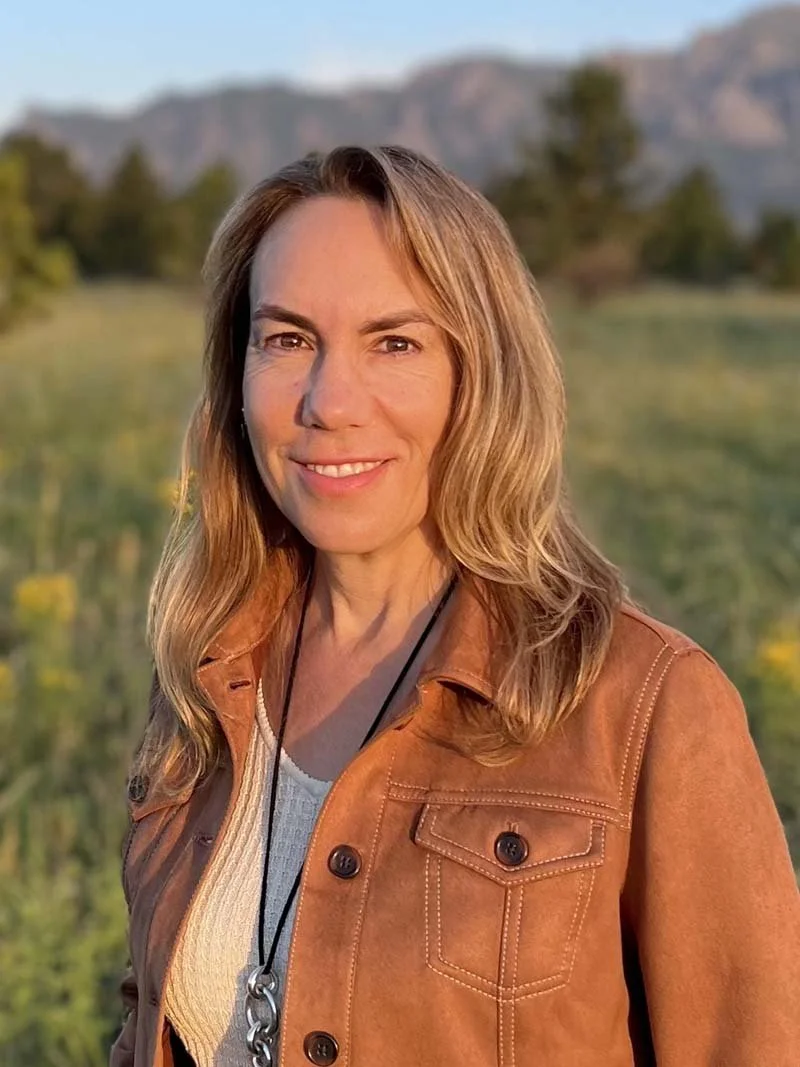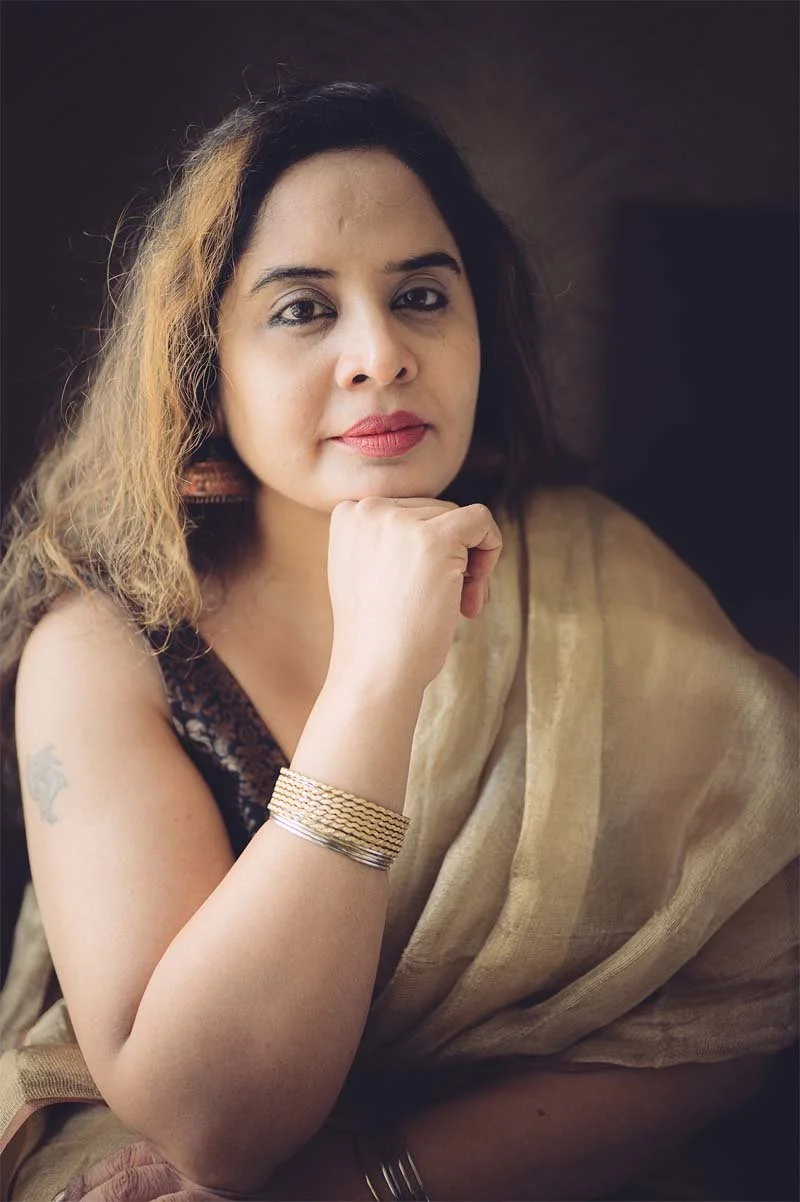Kristin Koval is a former lawyer who always wanted to be a writer but initially wandered down other paths. She attended Phillips Exeter Academy, Georgetown University and Columbia Law School. She lives in Boulder, Colorado and Park City, Utah with her husband, two sons and two Great Danes.@kristinkovalwriter
What places shaped you early on, and how have they influenced the way you see and write about the world? I was born and raised in the northeast United States, but we moved quite a bit when I was growing up. My most formative childhood years were spent in a small town in rural Pennsylvania. We lived in the middle of the woods and couldn’t see our nearest neighbors. If I wasn’t reading, I was out wandering those woods and the nearby fields, picking wild strawberries, blueberries, and blackberries in the summer or building makeshift shelters and pretend fires as soon as autumn arrived. Being surrounded by nature at such a young age instilled an enduring love for the outdoors in me, and as an adult, I continue to find solace and joy spending time outside rather than inside. That love means much of my writing centers on the outdoors even if the characters are spending time in an urban landscape, and many of the emotions and character arcs are reflected in the natural landscape surrounding those characters.
What kind of reader were you as a child? What books made you fall in love with reading as a child? I was a voracious and indiscriminate reader. My favorite books were A Wrinkle in Time, The Westing Game, Roll of Thunder, Hear My Cry, and From the Mixed-Up Files of Mrs. Basil E. Frankwiler (what kid wouldn’t want to hide away in the Met?). I also loved The Dark is Rising series by Susan Cooper (an Arthurian-based fantasy) and the Nancy Drew mysteries. But sometimes I also snuck into my father’s study and read books like 1984 or Giovanni’s Room or resolved to spend a summer reading the dictionary, and in the fourth grade, I found and read my grandmother’s very explicit romance novels under her bed. My family sometimes says I was like a garbage can if you threw any book at me, I’d read it.
Describe your typical writing day. Some writers are strict about their writing process: one hour every morning or 900 to 200 every day, etc., but I’m either focused on a project or not. When I am focused, I tend to binge write for entire days and weeks, sometimes 12 to 14 hours a day, breaking to eat (especially dark chocolate!) or walk the dogs, but not doing much else.
Can you describe your process while working on Penitence? I had a long-standing desire to write about forgiveness because I’ve had powerful experiences with forgiveness, both being forgiven and forgiving others. I used to think of forgiveness as a gift a wronged person gave to wrongdoer, but I’ve realized that when I’m able to forgive someone, it’s a gift that’s given to me, not from me. There’s an old saying—sometimes attributed to Buddha, sometimes to Nelson Mandela—that holding onto anger or resentment is like drinking poison and expecting the other person to die, and I think it’s accurate. Forgiving a wrongdoer, while complicated, can have an incredible and lasting impact on the person doing the forgiving, and I wanted to write about that experience—essentially, the gift the wronged person receives—in a way that might inspire others to re-think forgiveness. I struggled with how to do so until I realized the story of a family in crisis after a fratricide would enable me to highlight how complicated forgiveness can be, yet how rewarding, because a fratricide put the parents in both the hardest and the easiest position possible to forgive.
I spent a couple of months researching criminal law, especially the law applicable to juveniles, and reading all the medical literature I could find on genetic diseases like Huntington’s. Next, I focused on defining which characters I’d need to tell the story and drawing a character diagram illustrating their relationships, then creating a very basic timeline for the novel. For the timeline, I knew where I wanted to start and where I wanted to finish, but not would happen in between, so the timeline was mostly a reflection of what would be happening in the world around the characters (fall, winter, spring, how the changing seasons might impact the natural world surrounding them, holidays in those seasons like Thanksgiving or New Years, etc.), so that as I wrote into the story I would have a basic a guideline. I’m not an outliner, so once I had my character diagram and basic timeline, I started writing and let the story take me where it needed to go.
Do you keep a written record of your ideas, observations, or writing sketches? I keep a notebook with me where I jot down ideas, thoughts, and research on whatever I’m working on, but I also do a lot of my “jotting” on the notes app in my phone when I’m struck by an errant thought without my notebook handy—whether right after I’ve turned out the light to go to sleep or during the middle of a run or a hike.
How do you research and what role does research play in your writing? I start my research the way everyone else does on the internet. But eventually I figure out what specific knowledge I need and do the old-fashioned thing check books out from the library. Finally, when I need practical advice, I use my contacts to find real human beings with experience in that particular subject matter.
Who from the literary world would make your ideal dinner companion—and why? That’s an impossible question, because I admire many writers for many different reasons. But I know one person I’d love to talk to out of curiosity—to embark on a trip down the road not taken: the writer I would have become if I’d devoted myself to writing at 22 instead of going to law school and becoming a lawyer for twenty years. Would I still be a writer? What kind of writer would I have been without having the experiences I’ve had? Where would I live and who would be in my life?
Do you draw inspiration from music, art, or other disciplines? Absolutely. Music is a very emotional experience for me, both in terms of the synesthesia it generates and the poetic nature of some of the lyrics, and listening to the music that sets the right emotional tone while I write can be inspiring. That said, writing in silence can center my mind and allow me to concentrate 100% on words, especially when I’m fine-tuning a scene. I also love art in all its forms — painting, photography (a personal hobby — being a full-time photographer is a “road not taken” for me), sculpture, and immersive art exhibitions — and absorbing that art helps me create my own art when I write.
AI and technology are changing the ways we write and receive stories. What can human writers offer that technology, no matter how advanced, can’t replicate? AI can mimic humans and can do it well (and will certainly continue to improve itself), but will never be human. We have to acknowledge AI as an undeniably useful tool, but it’s important to recognize that its creativity will always be mimicry, based at some point on what it has seen and absorbed in its machine learning. In addition, humans are not governed by a handbook or preset programming, and we’ll always experience the world in a way that is uniquely human. AI might be able to observe emotions, but it will never feel them or understand them—and will certainly never come close to understanding concepts like faith and grace—and because of that it will never be able to truly communicate what it means to be human through art.
Tell us about some books you've recently enjoyed and your favorite books and writers of all time. I recently read and loved Elita (Kirsten Sundberg Lunstrum), and I’ve just begun The Float Test (Lynn Steger Strong). I’m just a few pages in, but I’m already hooked.
As for my favorite books and writers of all time—another impossible question. In some sense, what I read and enjoy is dependent on my current frame of mind. For example, the first time I picked up The Overstory (Richard Powers), I put it down after fifty pages. A year later, I picked it up again and couldn’t put it down.
That said, I’ll highlight the following: Life After Life (Kate Atkinson—I love the idea of exploring all the different lives one person could have lived); Sing, Unburied, Sing (Jesmyn Ward—her ability to have readers walk in the shoes of each character is unmatched); Hamnet (Maggie O’Farrell—she brilliantly slows down time to illuminate the characters’ inner lives and emotions without slowing down the narrative); and Bel Canto (Ann Patchett—she weaves a spell that keeps the reader entranced). I also love anything written by Jorge Luis Borges and Isabelle Allende. When I was young, I loved Faulkner and Steinbeck, though I haven’t read them for years and would be interested to go back and re-read some of their works.
Exploring literature, the arts, and the creative process connects me to… humans across space (north, south, east and west in our vast world) and time (not just 20 or 200 years ago but 2,000 and 20,000 years ago) and across different cultures, languages, religions, races, and ethnicities. This betters my understanding of all the different ways we can BE as humans and reminds me that each of us lives both in that connected world and in our own specific world (meaning there are billions of worlds existing within our one connected world). Viewing our linked humanity through the lens of our collective creative processes provides a unique opportunity to see into and learn from the past, enjoy and understand the present, and do what’s possible to improve the future.
















































































